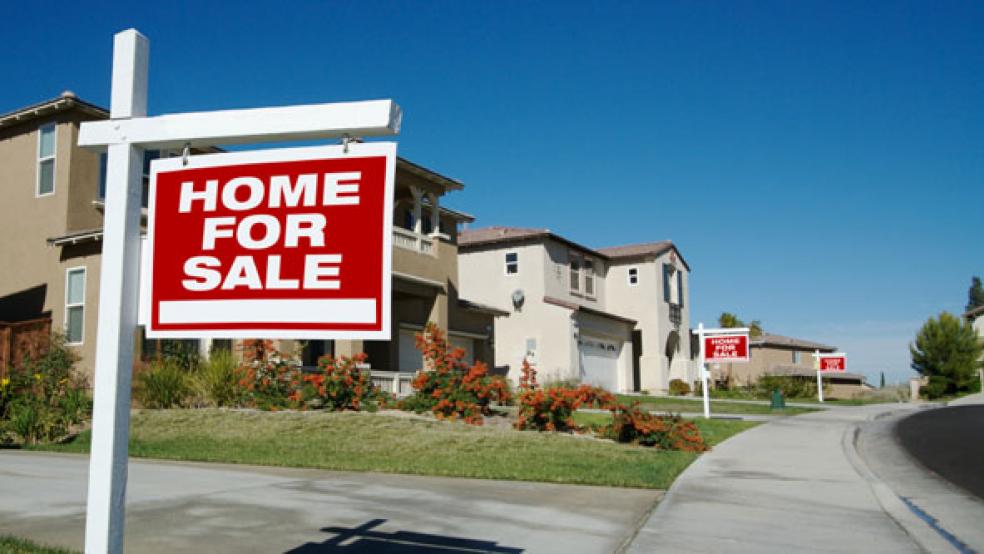Household incomes are edging higher, home prices are climbing and mortgage rates remain at historic lows. Yet a record low share of Americans says it’s not the right time to buy a home.
Fannie Mae’s Home Purchase Sentiment Index, based on telephone interviews with 1,000 U.S. adults, rose to the highest level in its six-year history last month. But the reading for whether it’s a good time to buy a house fell to an all-time low.
Thirty-one percent of people said it was a bad time to buy a home, while 60 percent said it was a good time. The 29 percent gap there was the smallest since June 2010.
Are the real estate bears right?
Yes, because of selection.
Homebuyers, especially first-time ones, may be frustrated by the lack of homes on the market. In April, the total housing inventory was up 9.2 percent from the previous month, but was still 3.6 percent lower than a year ago.
Related: The Worst Home Improvement Projects for Your Money
The shortfall in properties is concentrated at the lower end, according to a March report from Trulia and other data analyzed by The Fiscal Times. That makes it harder for first-time buyers and some move-up buyers to find an affordable home. This shortage is especially pronounced in the West.
No, because of mortgage rates.
If a buyer can find a home, today is a great time to lock in a mortgage rate. The rate on the 30-year fixed loan—the most popular among homebuyers—has been below 4 percent so far for the entire year, according to Freddie Mac.
Lower rates can give buyers more purchasing power. For example, the monthly payment for a $160,000 loan with a 3.75-percent rate is nearly the same as the payment for a $150,000 loan with a 4.25-percent rate. That $10,000 of additional borrowing power could be the difference between an accepted offer and a rejected one in a situation where buyers are competing for a property.
Rates are expected to stay low in the near term. The abysmal jobs report in May showing the economy added only 38,000 jobs could convince the Federal Reserve to delay any more rate increases until later this year. The central bank raised the federal funds rate, a key benchmark for consumer and business loans, to between 0.25 percent and 0.50 percent in December.
Related: The Best Home Improvement Projects for Your Money
Yes and no, because of home prices.
Rising home prices could be a deterrent — or a reason to get into the market. Prices that are rapidly increasing, as they have been in Washington and Oregon, could quickly squeeze buyers out of the market or make some feel nervous about an impending bubble in those markets. But potential buyers who wait risk paying even higher prices down the road.
“If prices are indeed going to go up and mortgage interest rates are going to rise,” says Jim Gaines, chief economist at the Real Estate Center at Texas A&M University, “then it follows that now is a better time to buy than later — if you can find a property you want and are willing to go thru the brain damage to get a loan and get the deal closed.”





